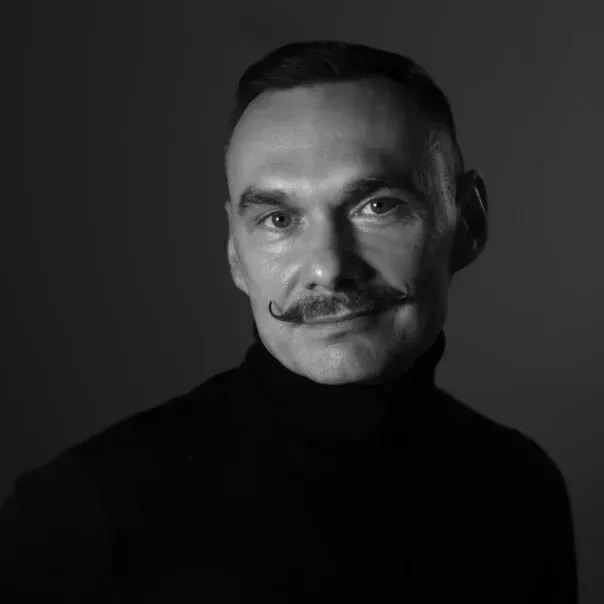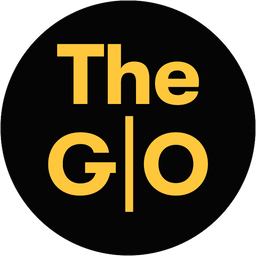
Repression in Russia Expected to Worsen after Putin ‘Re-election’, Activists Warn from Geneva
Vladimir Putin’s inevitable anointing this weekend as Russian president—in an essentially unopposed ‘election’ exercise—is likely to lead to a complete crushing of domestic critics, a UN human rights investigator and leading Russian activists have told Geneva audiences.
“Many observers predict that [...] the authorities [may begin] an even stronger form of repression,” Mariana Katzarova, UN special rapporteur on human rights in Russia, told a diplomatic event held on the sidelines of the UN Human Rights Council on Monday. “After the election there will probably be another massive mobilization [of Russian troops]. The right to be a conscientious objector is not respected, although it is the law,” she said, adding that many early recruits were forcibly taken from minority ethnic groups in rural areas.
The speakers voiced deep concern for hundreds of Russians already detained as “foreign agents” under strict new laws, and hundreds more who participated in peaceful tributes to opposition leader Alexei Navalny. They hold the Kremlin responsible for his sudden death last month in an Arctic penal colony. Russian officials say Navalny, 47, died a “natural death.”
With the election set for March 15–17, Navalny’s widow Yulia, currently out of the country, has called for Russians to form long queues at polling stations from midday on Sunday and to spoil their ballots or write “Navalny” on them. Putin, who has already changed the constitution to extend his eligibility, is expected to secure a fifth six-year term.
In an ominous sign, Navalny’s longtime ally Leonid Volkov was attacked with a hammer by an unknown assailant outside his home in the Lithuanian capital of Vilnius on Tuesday night. He had recently dismissed the election as a “circus” and “propaganda effort.”
“It is going to get worse and worse and worse,” Nobel laureate Dmitry Muratov predicted at the International Film Festival and Forum on Human Rights (FIFDH), following the world premiere of the documentary Of Caravan and the Dogs. The film, being screened again on Saturday night (March 16), chronicles the swift clampdown on human rights groups and independent media including Muratov’s Novaya Gazeta, in the days and weeks after Putin launched a full-scale invasion of Ukraine two years ago. In the film, a grim-faced Muratov is shown telling a shaken editorial staff that “We’re over.”
“Fear and Repression”
Katzarova, a former investigator for Amnesty International in Russia, including during the deadly conflicts in Chechnya, was appointed as the first independent UN human rights expert on Russia a year ago. Speaking on a festival panel following the documentary screening, Katzarova called Russia “an authoritarian society moving fast to totalitarianism,” adding, “I am Bulgarian and grew up in Communist times. I know what fear and repression are.”
Muratov, who still lives in Moscow, appealed repeatedly for the release of campaigners and artists imprisoned for expressing opposition to the Ukraine war. At both events he held up enlarged photographs of those serving lengthy prison sentences.
Muratov was part of the defense team at the recent trial of Oleg Orlov, co-chair of the NGO ‘Memorial’ set up in the late 1980s to preserve the memory of Soviet-era victims and to document continuing abuses. Orlov, who features in the documentary, was sentenced last month to two and a half years for “discrediting” the armed forces in an article saying Putin had descended into fascism.
Katzarova chastised diplomats from the European Union for having refused recently to meet Russian Foreign Minister Sergei Lavrov. They should take up “every opportunity,” she said, “and demand an investigation into Navalny’s death and to release political prisoners. Without communication with them we will have the next Navalny.”
“A Matter of Survival”
Muratov and Katzarova both called for Western governments to push Moscow to release or exchange political prisoners—including lawyer activist Vladimir Kara-Murza, who himself testified to the Human Rights Council in 2019 about the growing number of political prisoners. “It is not a trade, it is a matter of human rights, a matter of survival,” Muratov said. “Governments should demand protection for them and demand the release of all political prisoners from Russian authorities.”
Vadim Prokhorov, the lawyer for Kara-Murza as well as for opposition politician Ilya Yashin, voiced concern for their fates at the diplomatic event billed as ‘Life and Death in Isolation—Political Prisoners in Russia’. Kara-Murza, who also has British nationality, is kept in “absolutely Stalinist” conditions, while Yashin was jailed for eight years for his YouTube posts on the “war crimes” committed by Russian troops in Bucha, Ukraine, according to Prokhorov, who has fled his homeland.
“An international campaign for the release of Russian political prisoners could be a good initiative of the international community to save their lives,” Prokhorov said. “All political prisoners always told me the worst thing for political prisoners is to be forgotten.”
Access to Independent News
Fears are also growing that in the post-election period, Russians will be cut off from access to foreign news outlets, leaving only official state-run media.
“Russian propaganda is effective at the moment, even elsewhere, in Europe,” Kirill Martynov, the current editor-in-chief of Novaya Gazeta who fled Moscow eight days after the invasion of Ukraine, told the film audience.

Katzarova said that Google wants to leave Russia as the company's profits in the country have plunged, due to sanctions imposed on Russian banks which mean YouTube subscribers can no longer use them for payment. “There is no alternative source of information,” she said, calling for a campaign to convince the US tech giant to remain in the country.
Russia will probably block access to YouTube, Wikipedia and Messenger anyway, Muratov told Swiss public television RTS. “It won’t be long now.”
-SN

